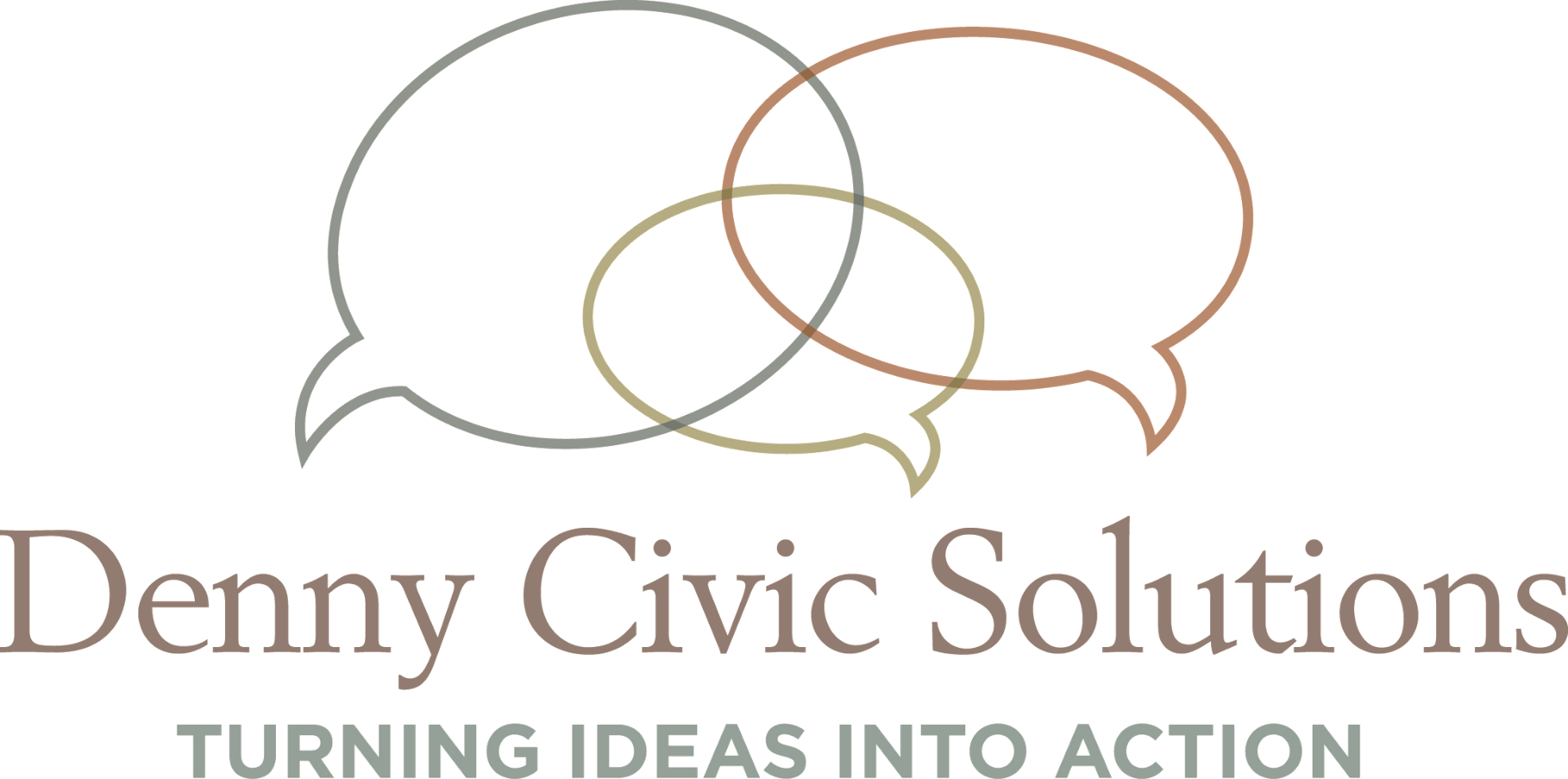There has to be something we can all agree on... right?
Can’t We Agree On Anything?
The divide between Republicans and Democrats, urban and rural, young and old seems further apart than ever. I wouldn’t be surprised if there is a partisan divide between who makes the best hoagies -- Sheetz or Wawa (I’m a hometown Pittsburgher so I actually go with Get-Go). There has to be something we all agree on, right?
Improving the Political System:
Turns out, there is something we can all agree on -- the need to improve our political system. In a recent survey conducted by Pew Research, not only did a large majority of Americans (62%)say that improving our political system should be a top priority, it was equally important to both parties:64% of Democrats and 60% of Republicans. This is good and important news.
Open Primaries and Redistricting:
Although Pew Research didn’t identify ways to improve the political system, at Denny Civic Solutions, we are working on two initiatives that help chart a roadmap for change.
The first is Open Primaries PA. Pennsylvania is one of a few states that has closed primaries, meaning that only registered Republicans and Democrats can vote in them.. This is the way our two parties select their nominees. It is unfair and often leads to the election of more extreme candidates, thus eliminating the possibility of compromise. It’s also not fair to taxpayers. Running elections costs the state money. Why should taxpaying, registered Independent voters be forced to pay for the party nomination process, but be denied the right to cast their vote?
One might argue that these people can vote, they just have to register with one of the two parties. However, as you might imagine, many frustrated voters would rather not be identified with either party.
To learn more or become involved in Open Primaries PA, click this link and sign up.
Redistricting -- Ending Gerrymandering:
There is something fundamentally wrong with legislators picking their voters rather than voters picking their legislators. But in many ways, that’s what happens now.
Every ten years, based on new Census data, state legislators will draw new Congressional and state legislative district maps. In Pennsylvania, new Congressional maps are simply a piece of legislation. So when the majority parties in both the state Senate and House agree on Congressional maps, it's quickly put into a bill and almost voted on immediately, with no hearings and no public input. When drawing state legislative maps, it’s a little more open with the establishment of a five-member Legislative Reapportionment Committee (LRC). The LRC is required to hold a number of public hearings.
However, past LRCs and legislation on Congressional maps were driven by two factors -- protecting incumbents and keeping a party in power. This too needs to change. To learn more about the redistricting process and its importance, click here to sign the petition and receive key updates on Pennsylvania’s 2021 redistricting process.
These two efforts, Open Primaries PA and Draw The Lines PA (both led by the nonpartisan good government advocates at the Committee of Seventy), give us hope that we can finally start finding common ground and move forward.
Except for Sheetz and Wawa… Some divisions run too deep.
